
Many of us find clearly identifiable bits of ourselves that sprouted from an ancestor or two. I can trace my love of animals back to my dad’s dad, David Beatty Russell (1916–1990). For many years, he was the printer of Bay Roberts, Newfoundland (for those unfamiliar, the most easterly and beautiful Canadian province).
As the town’s printer, “Gramp,” as I called him, had a printing shop in the basement floor of his home. Long before the Internet, split-second decision making and globally provocative presidential tweeting, Gramp’s major marketing efforts for his services consisted of a simple wooden, painted sign at the street side of the shop. “D.B. Russell Printing,” it read simply. The small crowded shop contained all of the lumbering machinery of a respectable printer in the early and mid-twentieth century. You can find all of his equipment in the Bay Roberts’ Museum, including the monstrous Linotype. It would mold lines of lead-based letter guts for all the messages contained within the Bay Roberts Guardian (and also separately): the funerals, community events posters, and everything else he used to communicate the national and local news to the town.
The stacks of left over multi-colored paper were a delight to the little blond-haired girl he called the “Squeaker,” i.e., me, who would scribble in the booklets, soon confirming to the world that she would never be an artist.
It was the paper scraps, though, he kept stacked upon the shelves in the shop that perhaps had the most timeless effect. Because it was upon these scraps, Gramp would also print out subtle reminders to his fellow man: “The Desiderata,” “Footprints in the Sand,” “Around the Corner,” to name a few. They were intended to be tucked into a book or brain, and they have remained tucked in both of mine for decades.
In Gramp’s eulogy, my dad observed, “He believed in goodness, kindness and love. … he printed poems of love and faith on bookmarks and gave them to all he knew. He printed ‘The Desiderata,’ which … was the code by which he lived.”
He also printed a prayer which I’m sure many of you know:
“I shall pass through this world but once. If there by any kind thing I can do. Or any kind word I can say. Let me do it now. Let me not defer nor neglect it, for I shall not pass this way again.”
It was all such good, good stuff.
Decades ago, Gramp would take the Squeaker’s hand and walk her out to what was left of his little planter at the front of the printing shop. He’d attribute the flower massacre to the cows, goats and horses that at one time freely roamed the prosperous little town. Gramp never railed against the roaming animals. He managed to show the little girl that coexistence, respect, perhaps a little awe, was the proper response to the ruminants that had eaten the heads off his flowers.
He would also cook dinner for us, the Sunday crowd, and as we all converged on the turkey, Newfoundland summer savory dressing bits soaked in turkey fat, Jiggs dinner veggies soaked in salt beef (it’s a wonder we all didn’t drop dead at the table) like a flock of half-starved gulls, he would sometimes disappear to give scraps to the stray tabby cat he called Puss.
On some Sundays should Mr. Critch arrive in a cloud of curses, Gramp would prepare a plate of dinner for him too. Mr. Critch, like Puss, would seat himself upon Gramp’s porch step and wait. In the comfort of the meal, he would cease his tirade up and down the town’s main street to no one and everyone. Gramp did not discriminate among the hungry: cat or a mentally ill man. In my mythology of my grandfather, I have also treasured a remembrance my uncle once conveyed to me: That Gramp’s boundless compassion led him out on a windy, wintery, blustery cold night to place a blanket around a horse in a field that stood freezing in the cold. He fed the birds in winter, even the crows, which he said had their place.
The sense of Gramp I have held dear all my life is that he lived the words he printed on the scraps of paper from his printing press.
So what an opportunity to have my grandfather join us in writing the Gata series so that his inspiring work would continue. The wise feline inventor of the Gata Unbound series, Archimedes, carries on the printing tradition in his basement home in the Row. How lucky Archimedes was to stumble upon it!
They say, “write about what you know,” so we infused my Gramp into one of our stories’ heroes, so that I could once again hear the sound of the printing press, repetitively pounding bookmark after bookmark—see the smiles on the faces of those who received the beautiful poems—and share the wise words that were given to so many, and that I cherish to this day.
3 Responses
Trudy Walters
hi Susan am your neighbor on W. Gowen . As a matter of fact we spoke to each other from one side of the street to the other in the last week or two when you saw my " girls " outside —an orange tabby { female I might add } and an orange and white girlie you thought perhaps was a stray you had seen in the ‘hood previously .
I didn’t know of your career as an author but I did know of your love, devotion and great work caring for our sweet four-legged friends . I wish you much success . When things quite down let’s say "hello or Meow if we prefer " Best wishes and syay well Trudy Waltrs
Trudy Walters
hi Susan am your neighbor on W. Gowen . As a matter of fact we spoke to each other from one side of the street to the other in the last week or two when you saw my " girls " outside —an orange tabby { female I might add } and an orange and white girlie you thought perhaps was a stray you had seen in the ‘hood previously .
I didn’t know of your career as an author but I did know of your love, devotion and great work caring for our sweet four-legged friends . I wish you much success
Leave a comment
Also in Inspire Me
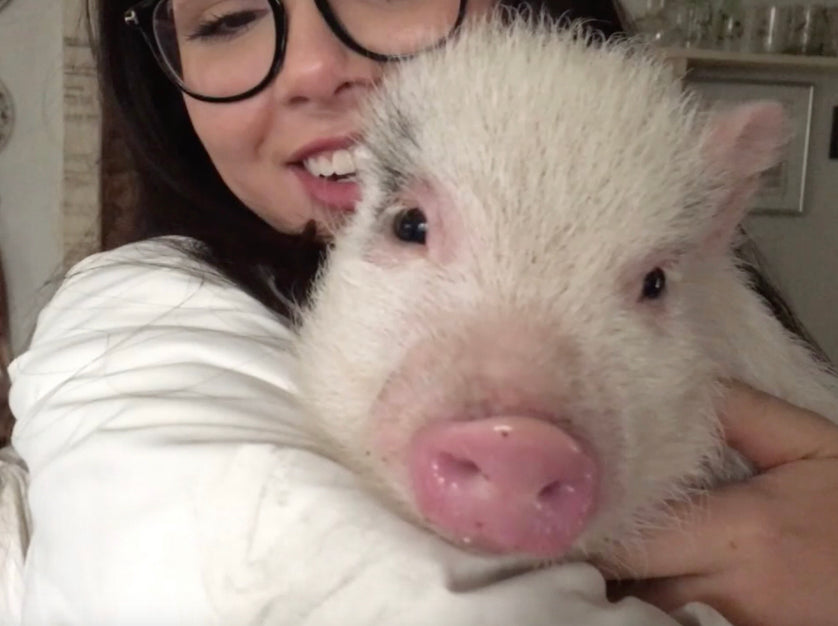
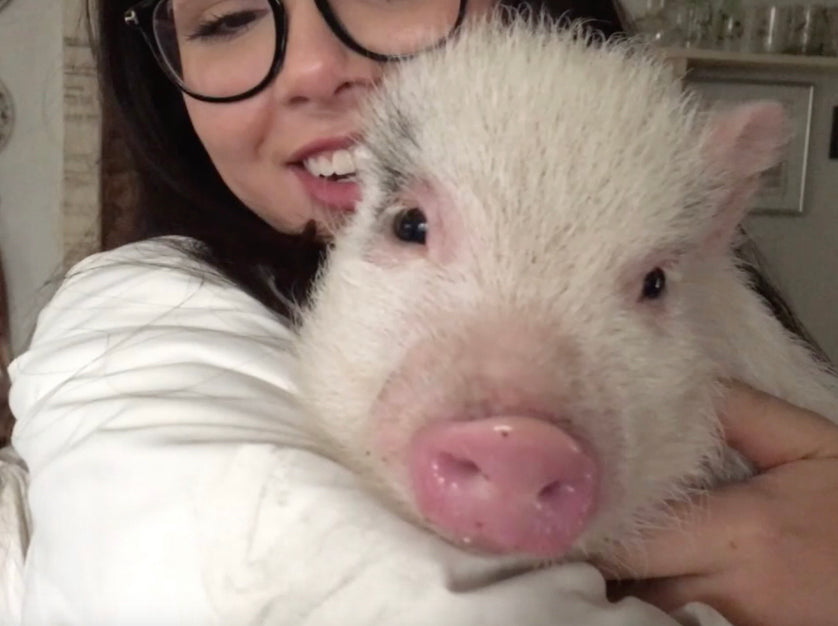
This Little Piggy
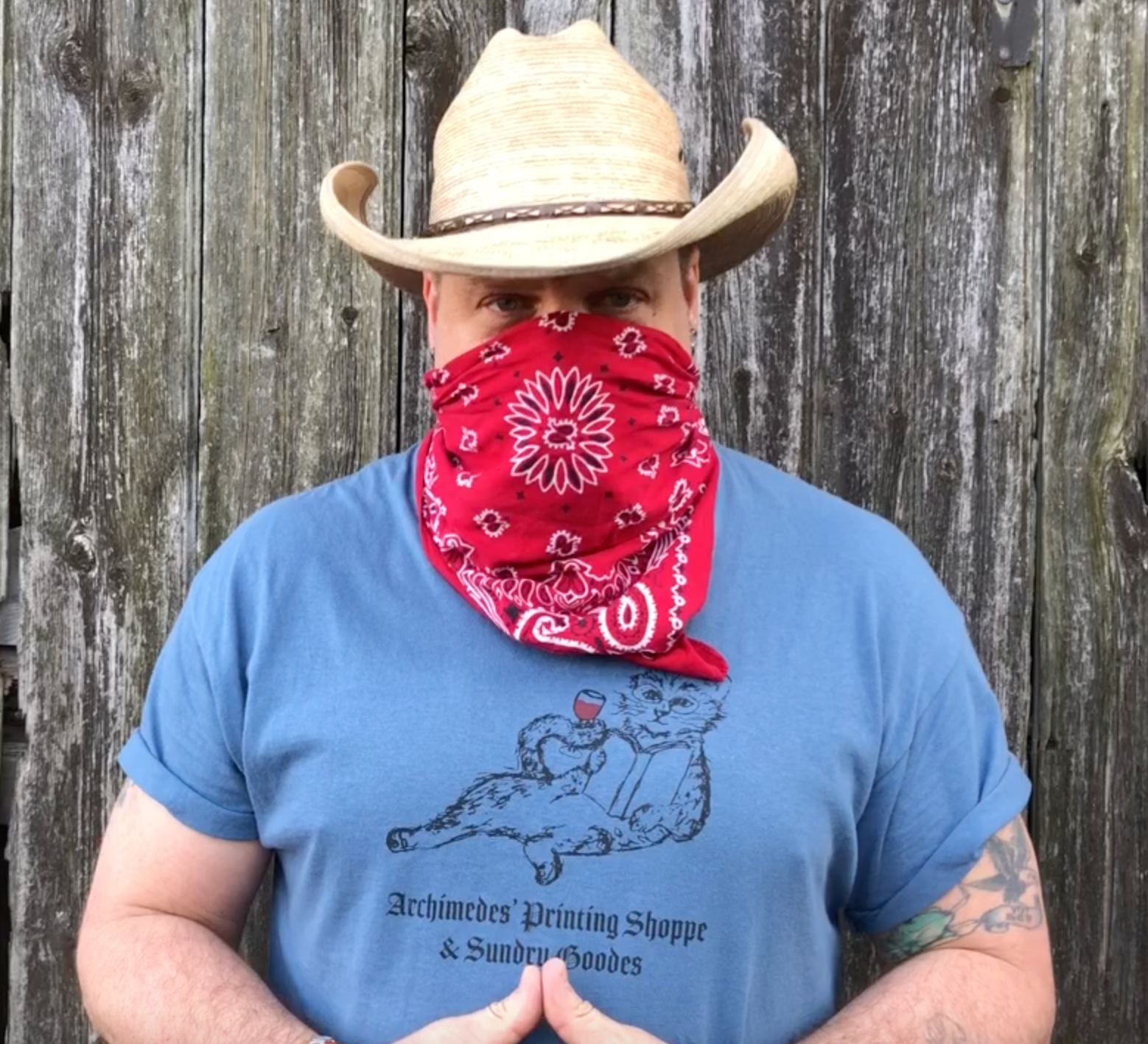
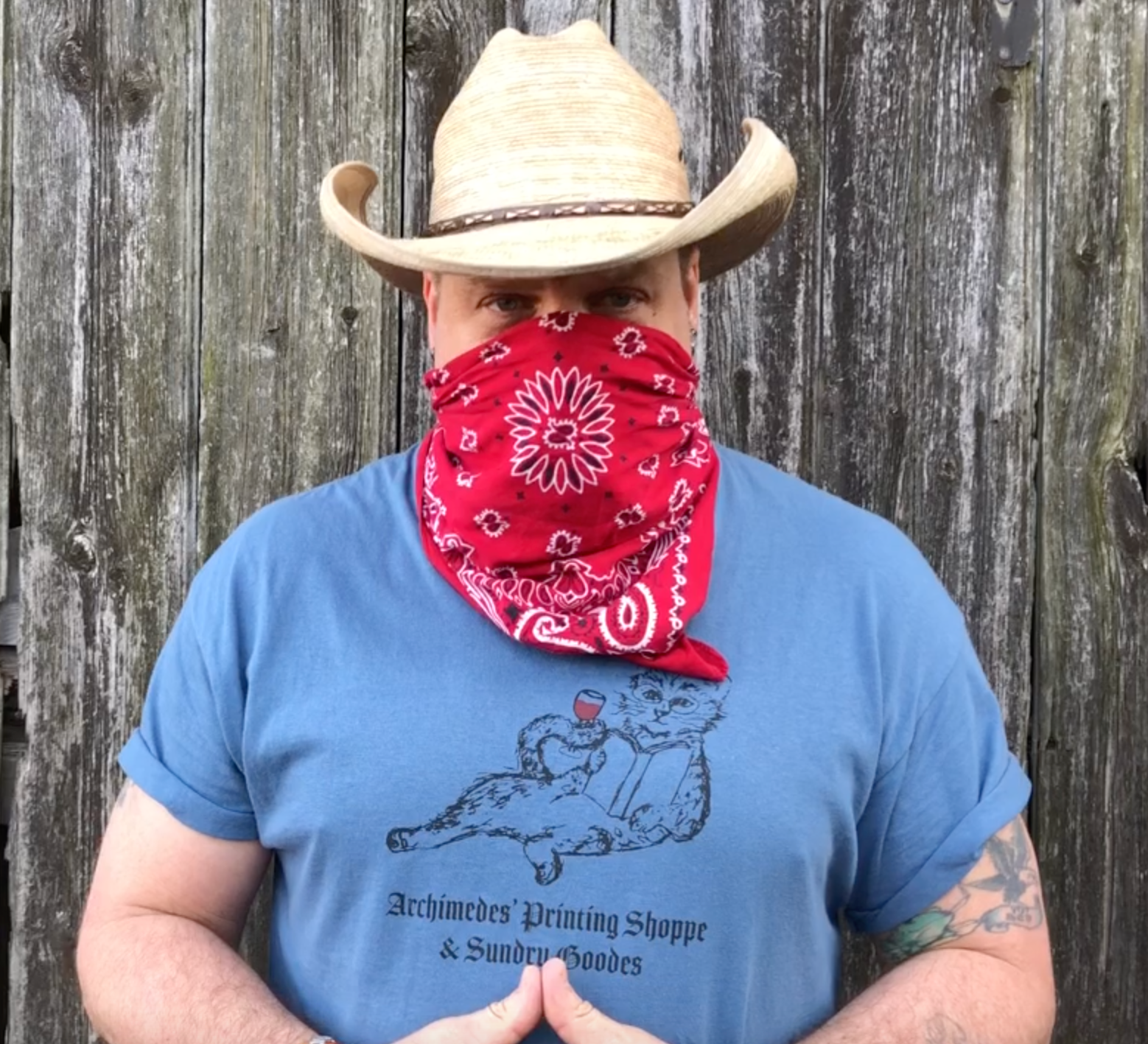
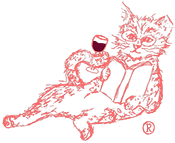
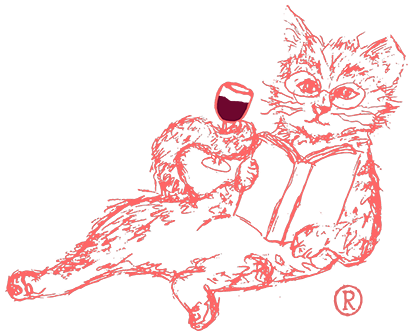


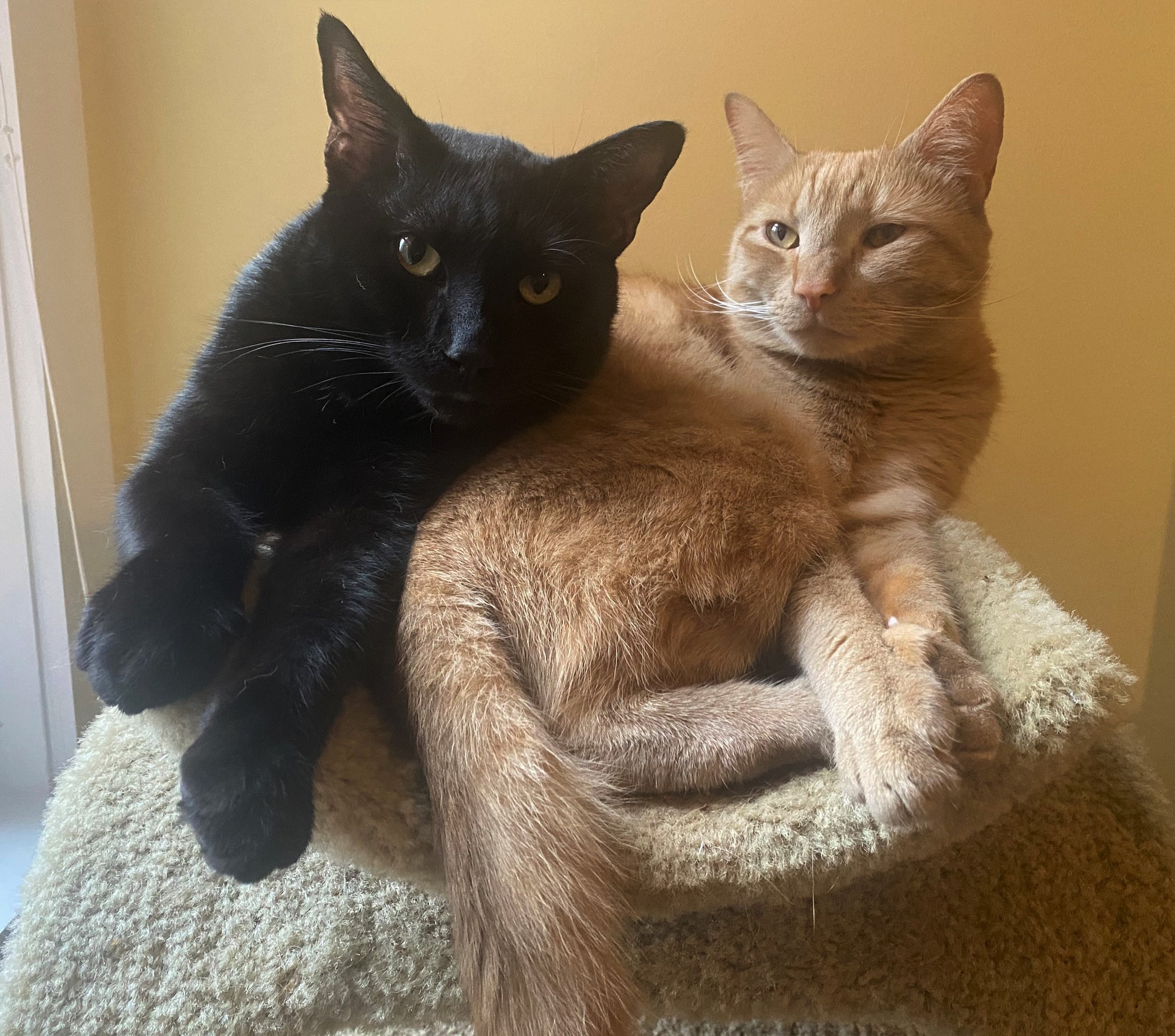
Alison Moore
July 07, 2025
Hi Susan!!! Long time no speak. I have been trying to contact you for years!!!!! I think of you often. I hope you will answer this note.
Best Regards,
Alison